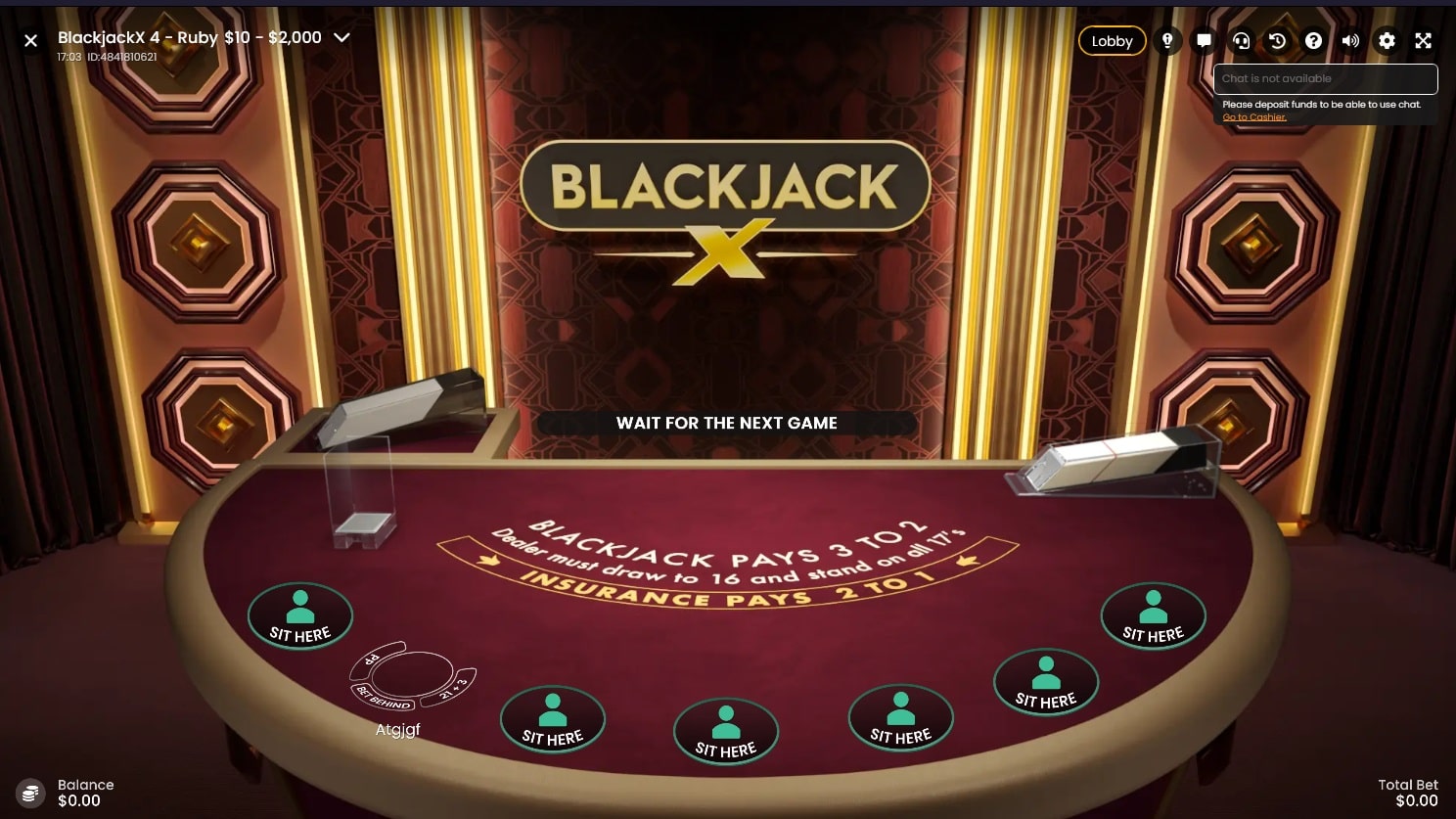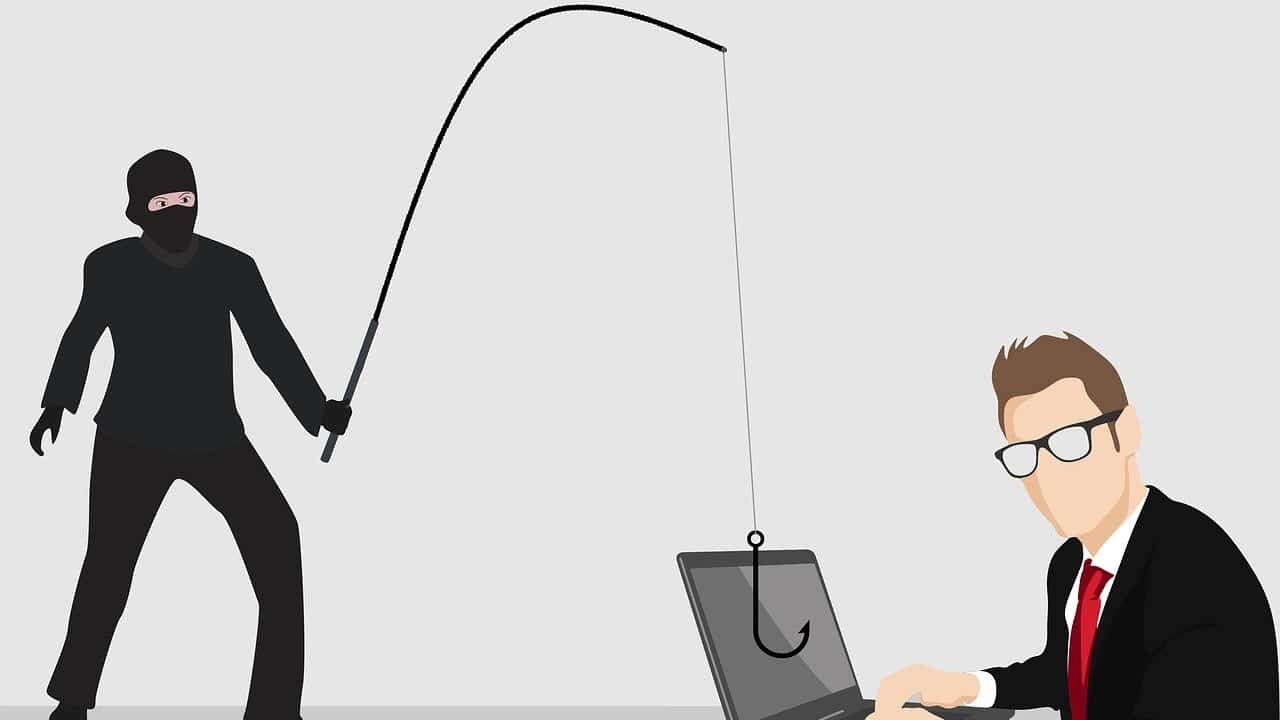
Avoid losing your deposit by passing your Know Your Customer (KYC verification) checks immediately after you sign up for an online casino!
One important point the Livecasinocentral team suggests is that before you deposit to an online gambling website, you should pass your KYC check, whcih is bascially a customer identity scan.
Why pass the know-your-customer check as early as possible?
Imagine depositing with a live casino only to request a withdrawal, and the casino refuses to approve your KYC compliance checks.
We suggest passing the KYC process before you make your first deposit to avoid this scenario. If the casino refuses your KYC documents, you won’t lose any money as you have made no financial transactions.
Most modern live casinos take 30 seconds to 1 minute to complete the signup process. Once a member, you can deposit crypto or cash without going through the KYC process. Bank cards and eWallets can take 1 to 2 minutes to process prices and credit your casino bankroll, while cryptos can take 15 seconds to 5 minutes to top up your bankroll.
It is easy to see why so many players deposit when they sign up without any document verification checks. It is the excitement of something new and getting straight onto the slots or table games.
What are the risks of not passing your KYC check before you deposit?
It is understandable why so many players are already playing real money or crypto games within less than 5 minutes of joining a gambling platform. It is the excitement of getting online and placing bets so quickly.
However, there is a risk factor involved
Most casinos will not request KYC compliance unless:
- You make a withdrawal
- You reach an accumulated deposit amount to trigger a KYC check
- You deposit an amount that triggers a KYC check
- You win a large sum of money before going through the KYC procedure, and the casino makes it almost impossible to pass their customer’s identity checks.
Those who fail the KYC procedures often hit a brick wall when getting their money back from the casino. However, this depends on the casino’s operator and the licensing jurisdiction in which it operates.
MGA and UKGC casinos: Under the MGA or UKGC regulations, you can directly access excellent complaints services with the licensing authority. If you feel a casino unfairly refuses your KYC verification, you can raise a casino dispute, and both authorities guarantee they will solve the issue.
Containing your excitement and passing KYC processes
After you sign up for a casino or any other gambling platform, the key is to contain your excitement. If you immediately head to the casino’s KYC compliance section, you could save yourself losing your money should an online casino make their know-your-customer checks incredibly difficult to pass.
All you need to do is find a different casino to play at. We suggest using our live dealer casino reviews page or the best live casino guide.
To provide you with a deeper understanding of issues some Livecasinocentral customers have given us, here is a list of the 3 most common KYC procedures they have had issues with:
- Customers try to withdraw winnings, but their ‘know your customer’ team refuses to accept identity verification.
- Customers made several deposits, but the casino refused to accept identity verification after requesting KYC. Their account was suspended.
- Customers win big, and the casino suddenly suspends the account and asks the player to go through the casino’s KYC requirements. Next, the KYC team refuses to accept identity verification.
Many more risk factors are involved with dealing with casinos and sports books that do not offer a simplified due diligence program when complying with KYC regulations.
Aussie players should always pass KYC checks before depositing: Customers most at risk are those in Australia using cryptocurrency casinos or Australian dollars. Some casinos will accept deposits from Aussie customers but then refuse to accept identity verification due to Australian laws.
Which KYC document verification do online gambling platforms usually require?
Online gambling account owners generally find KYC verification a simple process.
- Provide a valid government ID
- Provider proof of address
- Sometimes, you will need to show the back of your credit/debit card
How long should a casino’s KYC processes take?
The time to verify a customer’s identity depends on the level of assurance required and the methods used. This is usually down to regulatory authorities such as the UKGC, MGA, Curacao, KGC, or AGCO, who have various levels of regulatory compliance.
Most online gambling platforms should have a team set up to verify your KYC documents within 24 hours.
However, some could take up to 96 hours, especially when you submit your information to the Know-Your-Customer identification program close to a weekend or if the casino requires additional KYC documents.
- Basic identity checks: Most online casinos use basic checks using government ID documents or credit checks; verification can take minutes to a couple of days.
- Enhanced KYC regulations: More thorough KYC requirements require in-person processes, or manual document review can sometimes take weeks. This is not something you will see with online gambling platforms and more aimed at corporate customers.
Most gambling platforms have streamlined tools and automation to verify most of their customers instantly. However, a small subset of high-risk or complex cases may require more time, while smaller online casinos may not have a large team or enhanced due diligence software so that it could take longer.
Why do casinos require KYC Checks?
Know Your Customer (KYC) verification is a customer due diligence identity check gambling platforms, including casinos and sports books, performed to verify customers’ identities and ensure they interact with real people.
Other reasons they require these checks include:
- Anti-Money Laundering: The casino requires KYC requirements to comply with anti-money laundering and counter-terrorist financing regulations under financial crime acts. These regulations require companies to establish the identity of their customers to prevent financial crimes.
- Fraud Protection: KYC requirements also protect companies from fraud. Companies prevent bad actors from using fake or stolen identities to commit fraud by verifying identities.
- Preventing underage gambling: KYC regulations ensure the person who has signed up to the casino is over 18 (or over 21 in some countries). This is part of the casino’s customer risk factors.
As a result, a casino’s customer identification program is also a due diligence check to assess the associated risks of terrorist financing and other financial crimes.
When do gambling sites need to implement KYC procedures?
Companies generally perform KYC checks when:
- When customers request a withdrawal
- Onboarding a new customer
- There is suspicious account activity
- High-risk transactions take place
- Required by regulation for activity thresholds
Financial institutions, in particular, have strict KYC regulations they must adhere to. A KYC check is required whenever they onboard a new customer, facilitate transfers over certain dollar amounts, or detect suspicious transactions. The same applies to casinos, which must increasingly assess money laundering risks.
FAQs – More questions about Know-your-Customer checks
Who needs to have KYC processes?
Financial institutions, online gambling sites, trading sites, and cryptocurrency websites all use KYC varfication for customer due diligence. All these companies must carry out customer identity checks to fulfill the requirements of international or domestic financial crime enforcement network rules.
Why is the KYC process important?
Even basic customer due diligence helps casinos adhere to anti-money laundering regulations, prevent underage gambling, and prevent the KYC process. Meeting KYC obligations also helps to prevent financial crime and detect suspicious behavior.
What other names will I see used for KYC requirements?
- Electronic KYC Verification (eKYC)
- Customer Identification Program (CIP)
- eKYC, facial recognition, and digital account opening
- KYC and Customer Due Diligence measures
AML vs KYC: What’s the difference?
Anti-Money Laundering (AML) and Know Your Customer (KYC) processes often get lumped together, but some key differences exist. AML policies are focused on detecting and preventing money laundering, terrorism financing and other other financial crimes. They involve monitoring transactions to identify any suspicious activity.
KYC obligations refers more specifically to identity verification checks done for customer due diligence. KYC is a component of AML compliance programs to establish customers’ identities and ensure they are who they claim to be. While related, AML is about detecting financial crimes, and KYC helps verify the people involved. This is why many online gambling licensing authorities require casinos and sports books to carry out KYC verification.





















Leave A Comment